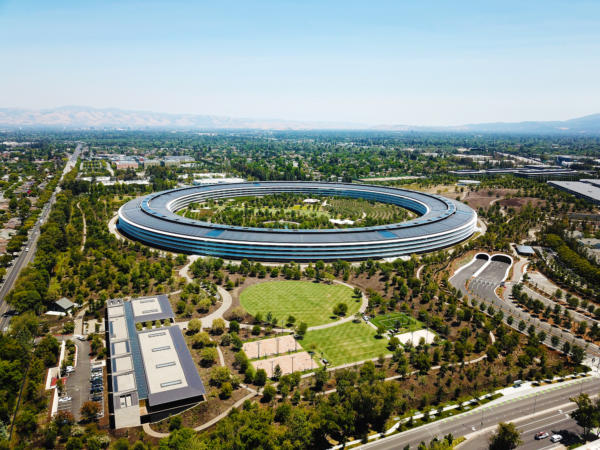For the past few decades, Silicon Valley has been thought of as the heart of America’s tech industry. It now hosts the headquarters of thousands of tech companies, including Apple, Facebook, Netflix, and more.
While Silicon Valley has dominated the scene, other cities are on the come up, as well. Atlanta, Georgia, Raleigh, North Carolina, and Austin, Texas are just a few of the communities more recently seeing their tech scenes begin to boom.
However, as other cities transform into tech enclaves of their own, it poses significant questions about how to ensure the harsh consequences of Silicon Valley are not repeated throughout the country.
“While Silicon Valley often makes headlines for innovative technology and disruptive ideas, local families are experiencing a very different kind of disruption: displacement from their homes,” Justine Marcus of the Urban Displacement Project wrote.
Marcus also added:
“Rents and housing prices have far outpaced relatively stagnant wages for working class jobs, and [Santa Clara] county has an estimated shortage of over 58,000 affordable homes for low-income renters. As a result, 3 out of every 4 low-income renters in the county are rent-burdened, meaning they pay more than 30 percent of their income on rent each month.”
The housing crisis in the Bay Area remains one of the worst in the country. According to the San Francisco Business Times, average apartment rents rose in the area in the first half of 2019. San Francisco came in second — behind Manhattan — for the most expensive rent in the nation at $3,697.
There is obvious worth in creating tech spaces outside of Silicon Valley, especially considering how overwhelmingly white it remains. While Black people make up almost six percent of San Francisco’s population and about 25 percent in neighboring Oakland, Silicon Valley isn’t hiring them.
In cities like Atlanta, gentrification is already an issue. The Atlanta Journal-Constitution reported that Atlanta is the fourth-fastest gentrifying city in the United States.
In the Guardian, reporter Jamiles Lartey wrote:
“As the city draws more transplants thanks to booming business in industries such as financial technology and film, the promise of nearby leisure space and easy transit has driven development and soaring prices along the BeltLine’s perimeter. A 2017 Georgia State University study found that home values within a half-mile of the BeltLine rose 17.9% to 26.6% more than locations in other parts of the city between 2011 and 2015.”
The lure of creating Black tech enclaves cannot lead to the replication of Silicon Valley’s harms. Black people outside of tech who call cities like Atlanta, Raleigh, and Austin “home” should be considered in economic development plans.
It is up to powerful players moving into these cities to engage the citizens who are already there. Connecting with grassroots organizers and local communities is the only way to ensure you don’t inadvertently cause harm.

